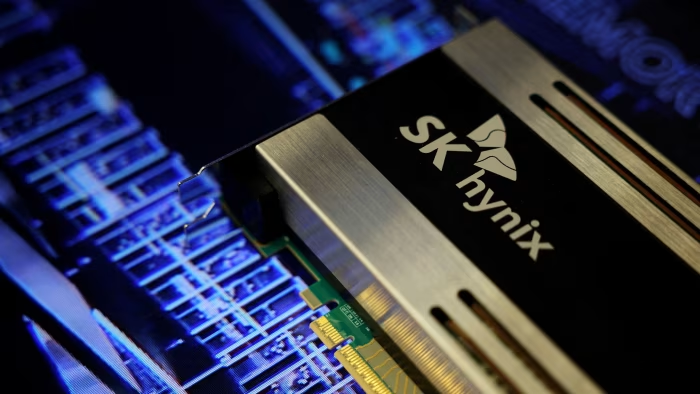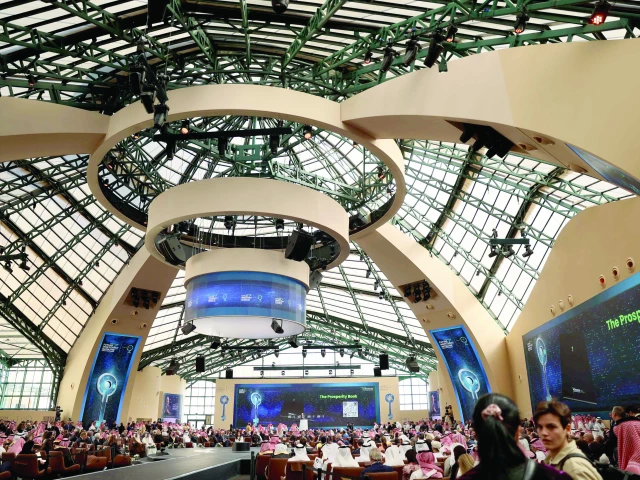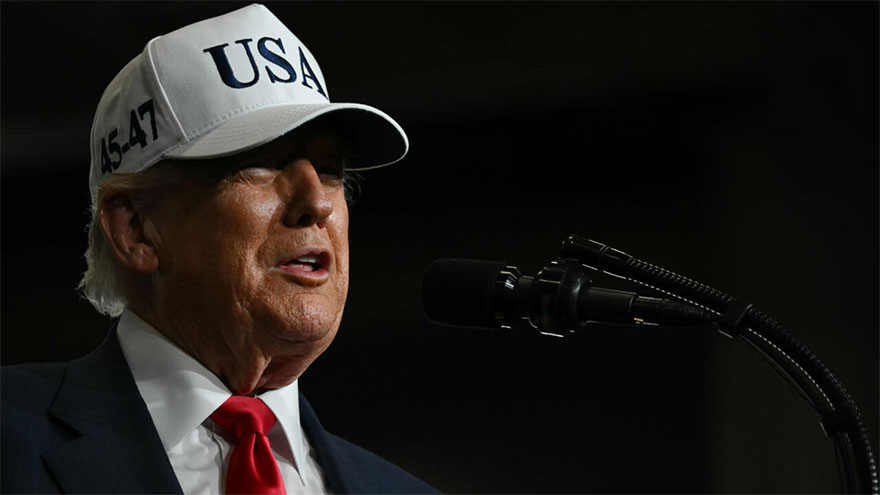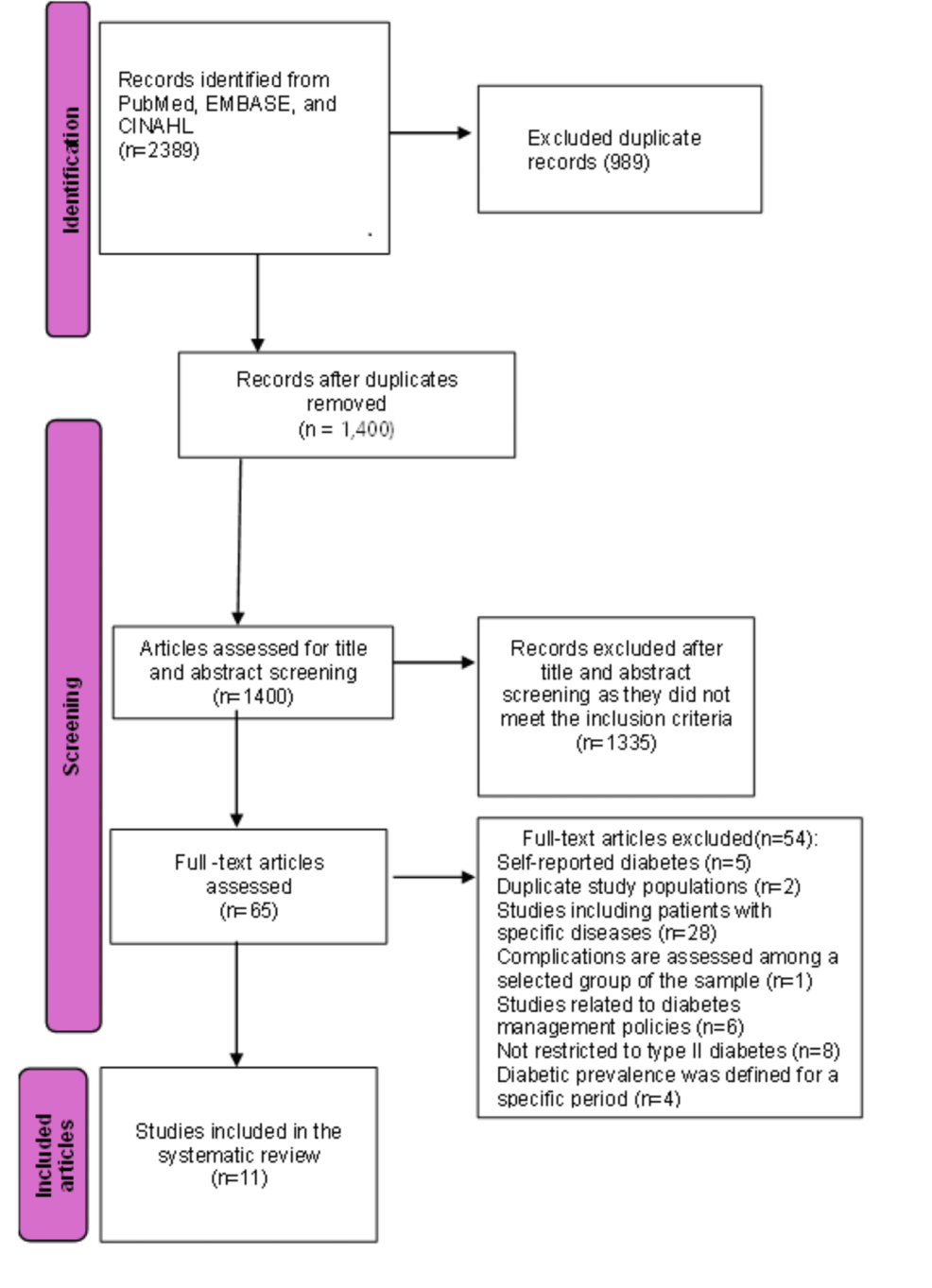Creative thinking is a core skill that is set to become even more critical by 2030. Auckland is home to 50 per cent of New Zealand’s creative workforce and earlier this year, the Te Puna Creative Hub in Te Kōpua Henderson was opened by Auckland Council and Te Kawerau ā Maki, recognising the enormous growth potential of West Auckland’s creative industries, from film to music and gaming.
Microsoft is proud to be partnering with the New Zealand Institute of Skills and Technology (NZIST) – Te Pūkenga, Auckland Council, and with the Ministry of Social Development (MSD) also supporting the initiative, to launch creative technology micro-credentials that boost the sector’s talent pipeline and provides opportunities for those based in West Auckland to enter the creative sector.
With West Auckland being one of the most diverse regions of New Zealand, these training programmes are focused on supporting students and teachers, adults and job seekers.
Over the course of 6 months local teachers in secondary schools and kura kaupapa (Māori immersion schools) in West Auckland will learn how to enable students to create informed, ethical, and quality social media content. Focused on digital storytelling, students will learn how to use disruptive technologies, different digital platforms, how to use AI for research, planning and streaming video content and the ethical considerations that go along with creating digital media. Students that participate in this learning have the opportunity to earn NCEA credits.
Furthermore, to ensure accessibility to all students across kura kaupapa and schools, all training resources will be translated into te reo Māori.
According to Gus Gilmore, Chief Executive of NZIST: “Creative tech is a growing industry and a key skill needed in the workforce. These programmes are designed to unlock creativity, build confidence, and prepare our community – teachers, lifelong learners and beyond – for the opportunities of a digital future. Creative technology is where imagination meets innovation. It’s coding a game that tells our stories, producing videos that amplify our voices, or designing solutions that solve real-world challenges.”
Adults are also supported through the launch of a new micro-credential in collaboration with NZIST.
The micro-credential will support life-long learners in West Auckland who are looking to return to the workforce or to upskill and unlock new opportunities in the creative sector.
Under the programme, each learner will be paired with an employer, receiving training remotely at home and on site at Te Puna Creative Hub in Henderson, while working on a real-world project. Over 12 weeks they will also explore areas such as digital creative tools, learn how to use Microsoft Copilot for research, ideation, and scriptwriting, and understand the ethical considerations in assisted content creation such as bias in AI generated text and imagery.
Through the partnership between Microsoft and NZIST, this micro-credential means that life-long learners will benefit from enhanced employment opportunities and in-demand skills, keeping pace with the latest technology.
With the support of the Ministry of Social Development (MSD), we’re ensuring these opportunities reach a wide range of learners who will be able to apply their existing knowledge, or even re-skill entirely, to the creative technology pathway.
As technology transforms creative industries, we’re excited to help grow the capabilities of the local creative sector ensuring everyone has the opportunity to participate.
This is only the start. Digital technology is a powerful enabler, but it also has the potential to leave people behind unless efforts are made to bring everyone along on the journey.
We recognise the importance of empowering community members with future-ready skills, so they prepared for the opportunities of tomorrow.
We’re proud of what we are achieving with these programmes, and ensuring we are delivering meaningful local, economic and social, benefits in the communities where we build and operate our datacenters.






